Calendar of Classes
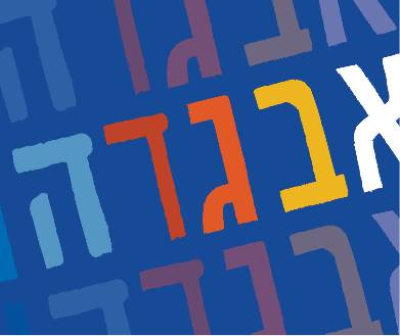
2026 Summer Program Information Session
Have you always wanted to study Yiddish at the YIVO-Bard Summer Program? Are you wondering what it would be like to spend six weeks studying at YIVO in New York City? Join faculty and staff of the Summer Program for a brief information session.
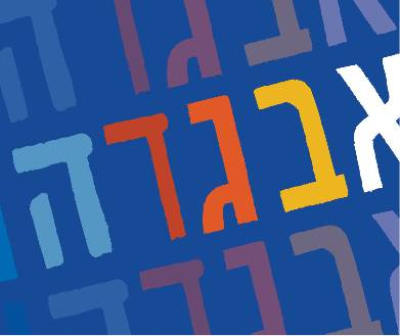
2026 Summer Program Information Session - Advanced Levels
Are you thinking of returning to the Summer Program to continue your advanced studies? Join Summer Program faculty and staff for a brief information session about YIVO’s advanced levels.
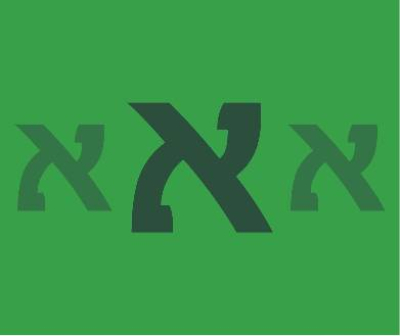
[SPR2026] Beginner I Yiddish (Tuesday)
This weekly class covers the alef-beys and grammar, vocabulary, and conversational basics. It is for those who are new to the Yiddish language or would like a review.
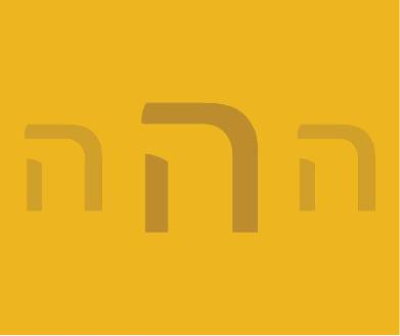
[SPR2026] Advanced I Yiddish (Tuesday)
This weekly standard class enhances listening, speaking, writing, and reading skills. It is primarily for students who have completed Intermediate IV Yiddish or equivalent coursework.
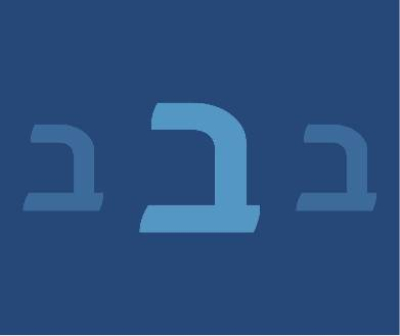
[SPR2026] Beginner IV Yiddish (In-person)
This weekly class develops listening, speaking, writing, and reading skills. It is primarily for students who have completed Beginner III Yiddish or equivalent coursework.
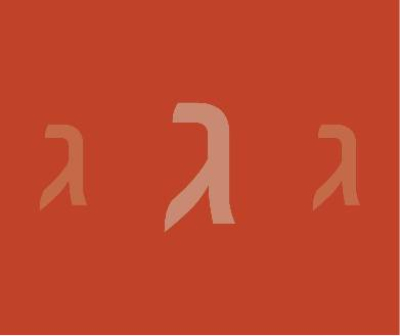
[SPR2026] Intermediate II Yiddish
This weekly class enhances listening, speaking, writing, and reading skills. It is primarily for students who have completed Intermediate I Yiddish or equivalent coursework.
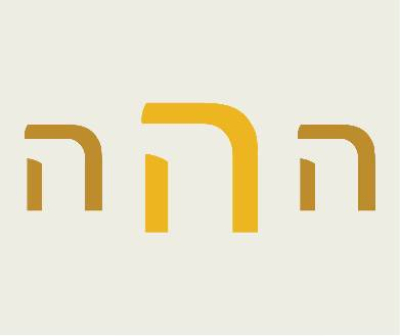
[SPR2026] Advanced Topics in Yiddish Literature & Grammar: Autobiographical Writing in Yiddish
This twice-weekly class enhances listening, speaking, writing, and reading skills. It is primarily for students who have completed Advanced II Yiddish or equivalent coursework.
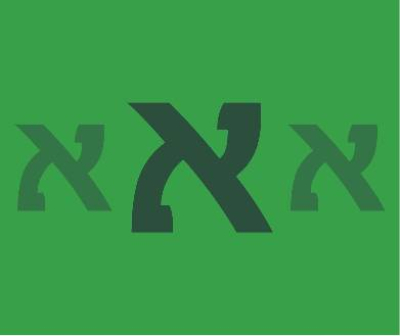
[SPR2026] Beginner I Yiddish (Wednesday)
This weekly class covers the alef-beys and grammar, vocabulary, and conversational basics. It is for those who are new to the Yiddish language or would like a review.
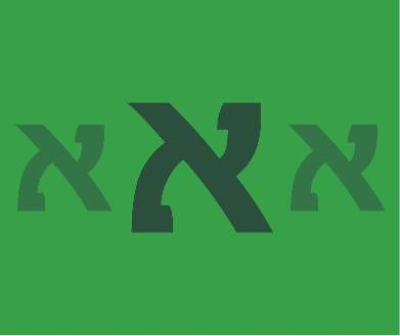
[SPR2026] Beginner I Yiddish (In-person)
This weekly class covers the alef-beys and grammar, vocabulary, and conversational basics. It is for those who are new to the Yiddish language or would like a review.
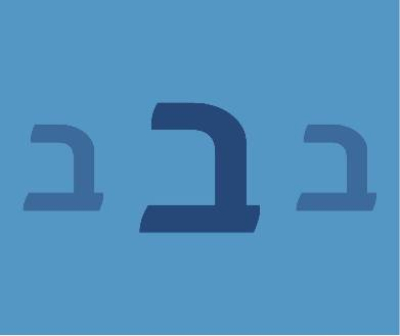
[SPR2026] Beginner III Yiddish (Thursday)
This weekly class enhances listening, speaking, writing, and reading skills. It is primarily for students who have completed Beginner II Yiddish or equivalent coursework.
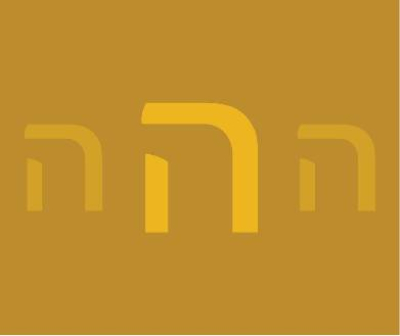
[SPR2026] Advanced II Yiddish (Thursday)
This weekly class enhances listening, speaking, writing, and reading skills. It is primarily for students who have completed Advanced I Yiddish or equivalent coursework.
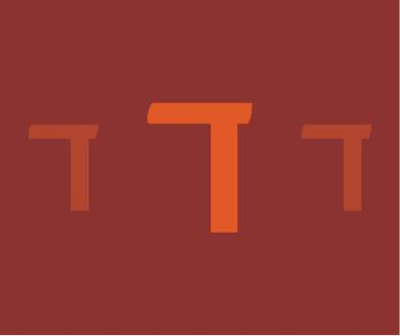
[SPR2026] Intermediate IV Yiddish
This weekly class enhances listening, speaking, writing, and reading skills. It is primarily for students who have completed Intermediate III Yiddish or equivalent coursework.
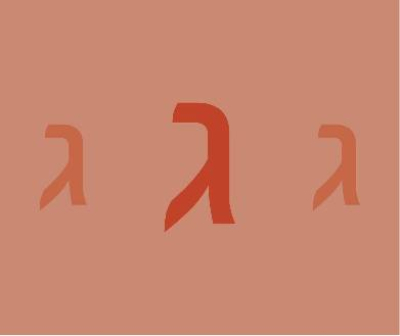
[SPR2026] Intermediate I Yiddish
This weekly class develops listening, speaking, writing, and reading skills. It is primarily for students who have completed Beginner IV Yiddish or equivalent coursework.
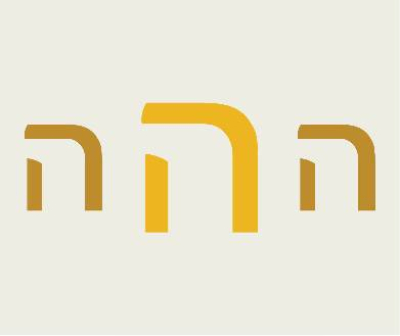
[SPR2026] Advanced Topics in Yiddish Literature & Grammar: Writers Writing about Writers
This weekly class enhances listening, speaking, writing, and reading skills. It is appropriate for Yiddish students at the advanced level.
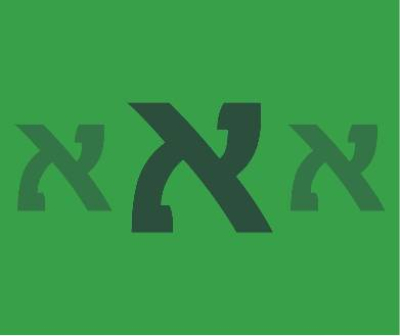
[SPR2026] Beginner I Yiddish (Sunday)
This weekly class covers the alef-beys and grammar, vocabulary, and conversational basics. It is for those who are new to the Yiddish language or would like a review.
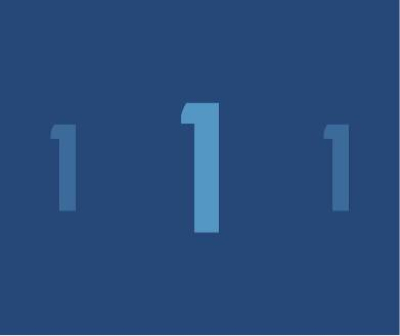
[SPR2026] Advanced IV Yiddish (Sunday Afternoon)
This weekly class enhances listening, speaking, writing, and reading skills. It is primarily for students who have completed Advanced III Yiddish or equivalent coursework.

[SPR2026] Beginner III Yiddish (Sunday)
This weekly class develops listening, speaking, writing, and reading skills. It is primarily for students who have completed Beginner II Yiddish or equivalent coursework.
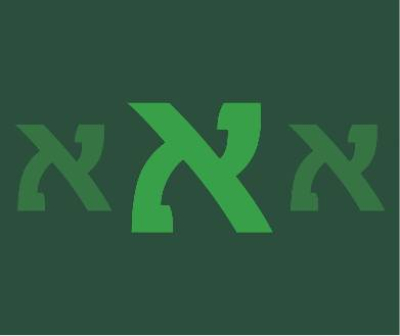
[SPR2026] Beginner II Yiddish (Sunday Afternoon)
This weekly class develops listening, speaking, writing, and reading skills. It is primarily for students who have completed Beginner I Yiddish or equivalent coursework.
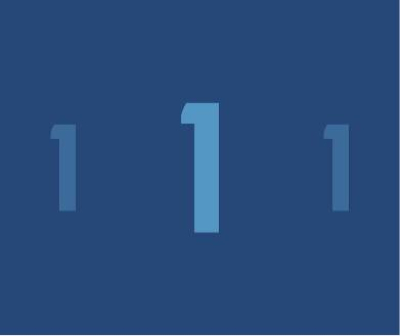
[SPR2026] Advanced IV Yiddish (Sunday Evening)
This weekly class enhances listening, speaking, writing, and reading skills. It is primarily for students who have completed Advanced III Yiddish or equivalent coursework.
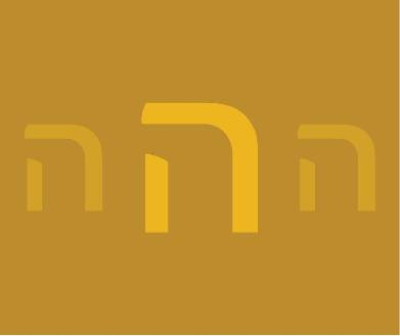
[SPR2026] Advanced II Yiddish (Monday)
This weekly class enhances listening, speaking, writing, and reading skills. It is primarily for students who have completed Advanced I Yiddish or equivalent coursework.
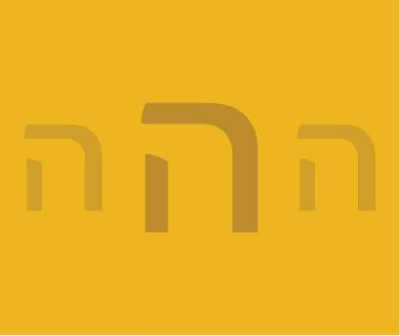
[SPR2026] Advanced I Yiddish (Monday)
This weekly class enhances listening, speaking, writing, and reading skills. It is primarily for students who have completed Intermediate IV Yiddish or equivalent coursework.
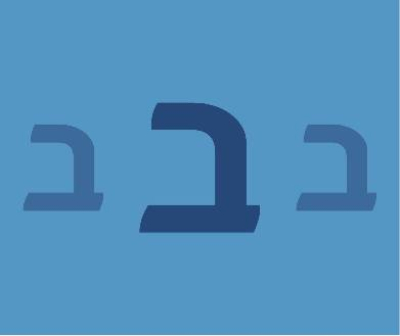
[SPR2026] Beginner III Yiddish (In-person)
This weekly class develops listening, speaking, writing, and reading skills. It is primarily for students who have completed Beginner II Yiddish or equivalent coursework.
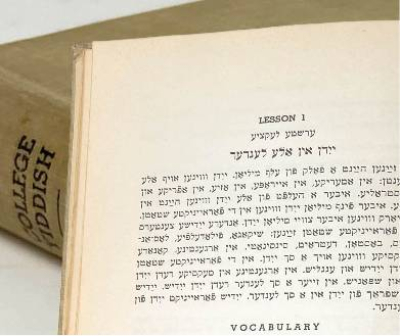
[SPR2026] A Walk through College Yiddish
Following Uriel Weinreich’s classic textbook College Yiddish, Dovid Braun offers a robust overview of the building blocks of Yiddish words and sentences.
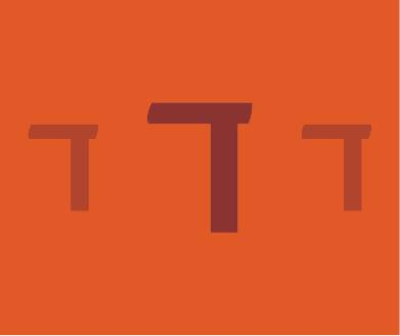
[SPR2026] Intermediate III Yiddish
This weekly class develops listening, speaking, writing, and reading skills. It is primarily for students who have completed Intermediate II Yiddish or equivalent coursework.
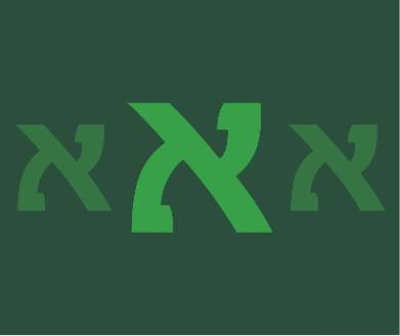
[SPR2026] Beginner II Yiddish (Sunday Morning)
This weekly class develops listening, speaking, writing, and reading skills. It is primarily for students who have completed Beginner I Yiddish or equivalent coursework.
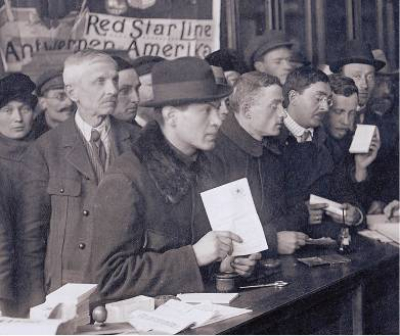
[SPR2026] The World of Eastern European Jewish Migrants
Aleksandra Jakubczak explores the phenomenon of Eastern European Jewish migration, which profoundly affected both the Jews who went abroad and those who stayed behind.
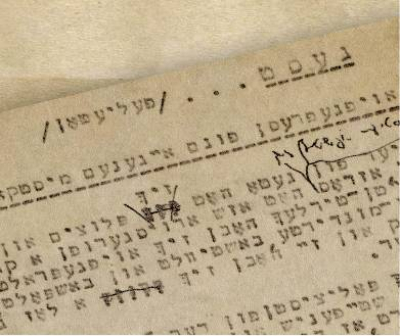
[SPR2026] The Art of the Yiddish Feuilleton
Sharon Bar-Kochva considers the felyeton (feuilleton) as a distinctively vibrant expression of Yiddish literary and journalistic creativity.
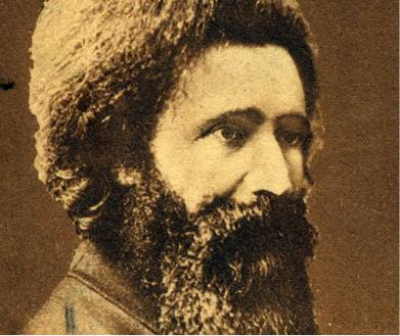
[SPR2026] The Life and Thought of Hillel Zeitlin
Samuel Glauber offers an introduction to Hillel Zeitlin (1871–1942), a prolific yet often underappreciated Warsaw intellectual whose works span the worlds of religious tradition and secular Jewish modernity.
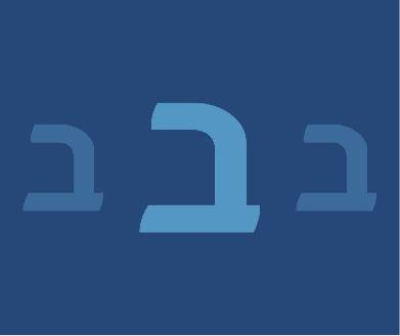
[SPR2026] Beginner IV Yiddish (Monday)
This weekly class develops listening, speaking, writing, and reading skills. It is primarily for students who have completed Beginner III Yiddish or equivalent coursework.




